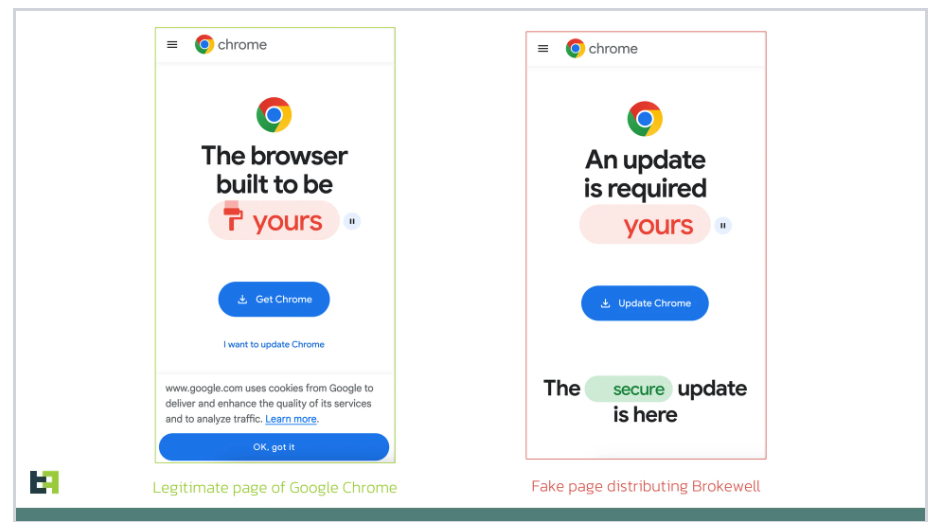
The Internet, while a useful tool for the exchange of ideas and information, can equally be a dangerous place. This is largely due to nefarious practices that compromise the safety and privacy of individuals, and one such practice is doxing. Here’s all you need to know about this alarming phenomenon.
What is Doxing?
Doxing, a shorthand term for ‘dropping documents,’ is a form of online harassment where individuals share personal, identifying information about others without their consent. This information often includes sensitive data such as home addresses, phone numbers, email addresses, and even Social Security numbers. The practice, which is illegal in many jurisdictions, is often used to intimidate, harass, harm, or exert control over the targeted individual.
But why should you worry about doing it? Well, the answer is quite straightforward. In the current digital age, privacy is increasingly becoming an elusive concept. Your personal information can be leveraged against you in various ways, from identity theft to stalking cases. By understanding the ins and outs of doing so, you can better protect yourself and your loved ones. So, without further ado, let’s delve into everything you need to know about doxing.
The History of Doxing
Doxing isn’t a modern concept, contrary to what many people believe. While the digital age has facilitated its widespread adoption, doxing has a long and storied history dating back decades.
In the early days, doxing was a tactic primarily used by hackers, who would leverage private information to intimidate or harm their rivals. For instance, they would publish a rival’s real name, address, and other sensitive data on bulletin board systems and early Internet forums. The purpose was to inject an element of fear, as anonymity was often critical in the hacking community.
Over the years, doxing has dramatically evolved, becoming increasingly pervasive and more harmful. With the advent of social media and other online platforms, individuals now have a wider audience and a variety of channels to disseminate personal information. This increased visibility has seen doxing become a go-to tactic for cyberbullies, internet trolls, and even organized hate groups.
In recent years, we’ve seen several high-profile doxing cases, underscored by a toxic combination of personal vendettas, political disagreements, and cyber warfare. These instances have brought issues of online privacy, internet regulation, and cyberbullying to the forefront, prompting calls for more comprehensive legislation to curb the practice.
How Doxing Works
At its core, doxing is about information gathering and dissemination. It revolves around collecting personal and identifying information about an individual and publicly sharing it – typically over the internet. But how is it done?
Typically, the doxing process begins with identifying the target – this could be anyone from a public figure to an ordinary internet user. The perpetrator then embarks on collecting information about their target. This is often done by combing through the individual’s digital footprint. For instance, they can scrutinize social media profiles, forum posts, online directories, websites, and databases to gather information.
In some cases, doxers employ more sophisticated tactics, such as hacking, phishing, or even social engineering. These techniques can be incredibly invasive, allowing doxers to access even more sensitive information than what’s publicly available. Once the information is collected, it’s then published online, typically on social media platforms or public forums. In extreme cases, the information can be sent directly to the victim’s family, friends, or employer, causing severe emotional distress and potential reputational damage.
While the process may seem straightforward, the implications are anything but. The fallout from doxing can be long-lasting and incredibly damaging, leading to a myriad of personal and professional problems for the victim. This underscores the significance of understanding and combating doxing.
Why Doxing Is Dangerous
The dangers of doxing cannot be overstated. Depending on the extent of the information released, doxing can lead to a wide array of harmful scenarios, ranging from online harassment and cyberstalking to identity theft and physical attacks.
Primarily, doxing strips individuals of their privacy – a fundamental human right – leaving them feeling vulnerable and exposed. This can lead to psychological fallout, driving victims into anxiety and depression. The invasion of privacy can also lead to social implications, damaging relationships as friends, families, and even employers are drawn into the ordeal.
The Role of Social Media in Doxing
Social media platforms have unintentionally played a significant role in facilitating doxing. These platforms, designed to foster connections and share information, have instead become tools for malicious activities, including doxing.
On social media, users often unknowingly provide an abundance of information that can be exploited by doxers. Moreover, the platforms provide an easy way for doxers to disseminate the collected personal information to a wide audience. Some social media platforms have taken steps to curb doxing; however, these efforts are often insufficient, as doxers continue to exploit loopholes and other tools to carry out their malicious activities.
How to Prevent Doxing
Due to the severe implications of doing so, it’s critical to implement measures to protect yourself from becoming a victim. However, this can be challenging due to the sheer amount of personal information individuals share online, often without realizing it. Consequently, prevention strategies often revolve around being cautious about the information you share online and taking steps to enhance your digital security.
Firstly, it’s crucial to limit the amount of personal information you disclose online. This includes being mindful of the information you share on social media platforms, forums, and other online spaces. Be cautious about what you post, who can view it, and how it can be interpreted. Moreover, when signing up for online services, ensure you only provide the minimum required information.
Secondly, regularly review and update your privacy settings on various online platforms. Most platforms have settings that allow you to limit who can view your information. However, these settings often change with platform updates, so it’s essential to regularly review them. Similarly, when downloading apps, review the permissions before installation and disable any that seem unnecessary.
Thirdly, Exercise caution when downloading apps, particularly third-party apps. Some applications may harbor malware or viruses that can compromise the security of your device. To delve deeper into this topic, explore our informative blog for valuable insights and tips on ensuring the safety of your digital experience.
Finally, consider investing in tools and services that enhance your digital security. This includes antivirus software, firewalls, and services such as VPNs that encrypt your internet connection, masking your IP address and other identifying information. Using a password manager can also help protect your accounts from hacking attempts.
Legal Implications of Doxing
As mentioned earlier, doxing is considered illegal in many jurisdictions due to its invasion of privacy and potential for harm. However, the law hasn’t fully caught up with the digital age, and legal measures against doxing vary widely across different countries and regions. That being said, it’s essential to know your legal options should you fall victim to doxing.
When it comes to civil law, victims of doxing may have multiple potential claims, including invasion of privacy, infliction of emotional distress, defamation, harassment, or even stalking. In some cases, these claims can result in monetary damages, cease and desist orders, or other forms of relief.
Under criminal law, doxing may fall under various categories, including identity theft, cyberstalking, or harassment. Depending on the severity of the case, perpetrators can face significant fines or even jail time. Nevertheless, successful legal action often depends on the specific circumstances of the case and the availability of evidence. Therefore, it’s advisable to consult with legal professionals if you’ve been a victim of doxing.
Despite the challenges, many jurisdictions are making efforts to strengthen laws against doxing. For instance, some are proposing laws that explicitly outlaw doxing and provide stronger protections for victims. While these measures are encouraging, legal remedies often come after the fact, underscoring the importance of prevention and preparedness in combating doxing.
Final Thoughts
Doxing is a pervasive and serious issue in the digital age. The practice not only violates one’s right to privacy but also opens up a Pandora’s Box of potential harm, including harassment, intimidation, and even physical attacks. However, by understanding what doxing is, how it works, and its potential implications, you can better protect yourself and your loved ones from this harmful practice.
Furthermore, it’s critical to be vigilant about your digital footprint and take proactive measures to enhance your online security. This includes being mindful of the information shared online, regularly reviewing privacy settings, and investing in tools that enhance digital security. Additionally, while legal measures against doxing vary, knowing your legal options can be empowering should you fall victim to doxing.
Ultimately, as with many facets of the digital age, navigating the issue of doxing requires a balance between leveraging the benefits of online spaces and protecting against potential pitfalls. With vigilance, preparedness, and an understanding of the risks, you can enjoy the online world while safeguarding your personal information and privacy.
The post 5 Things About Doxing You Should Know appeared first on McAfee Blog.




